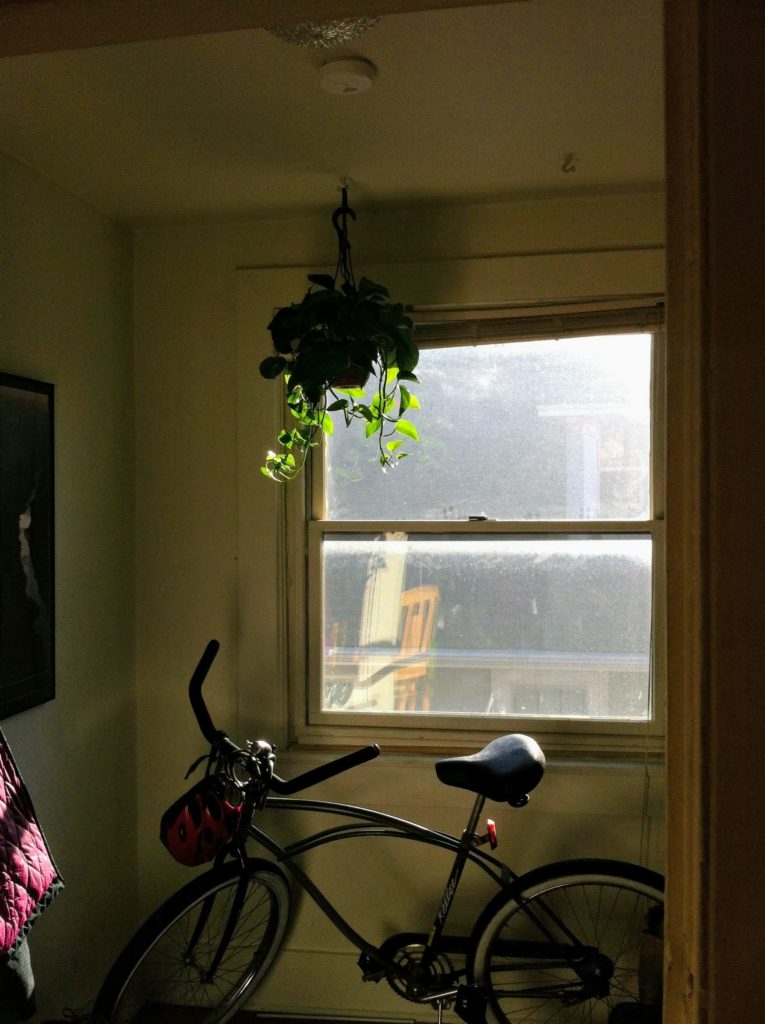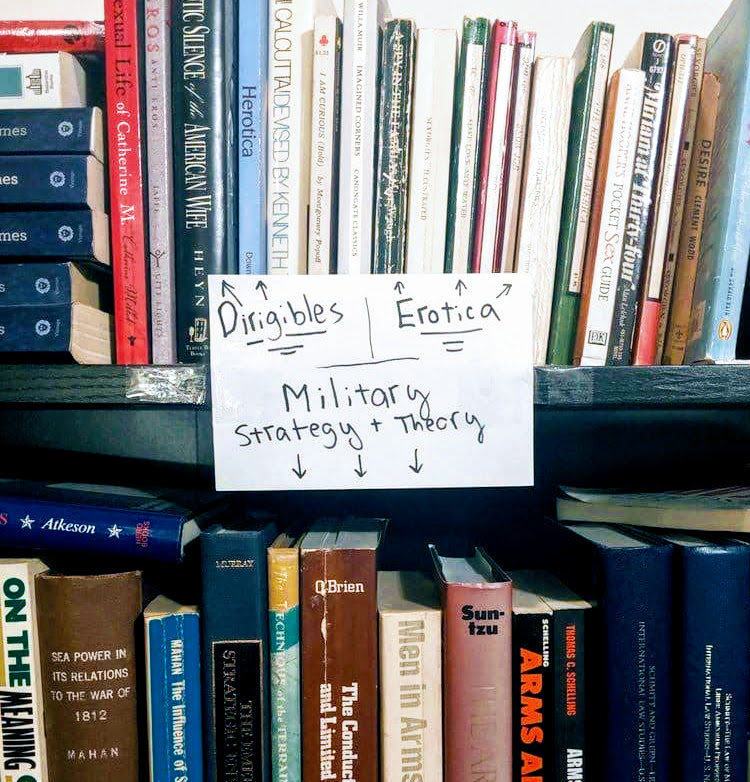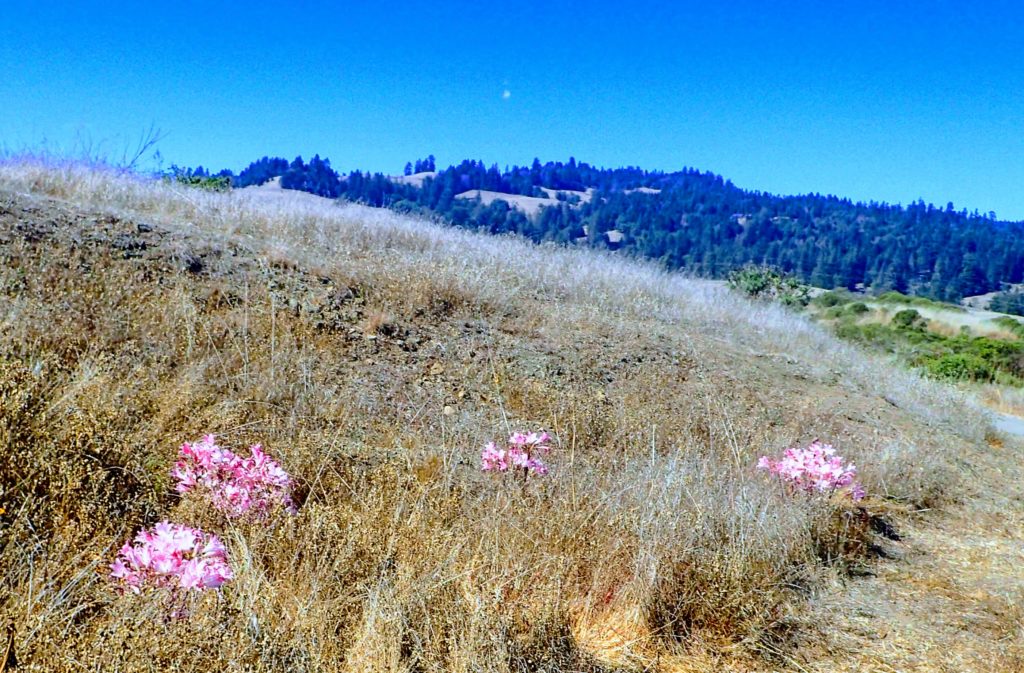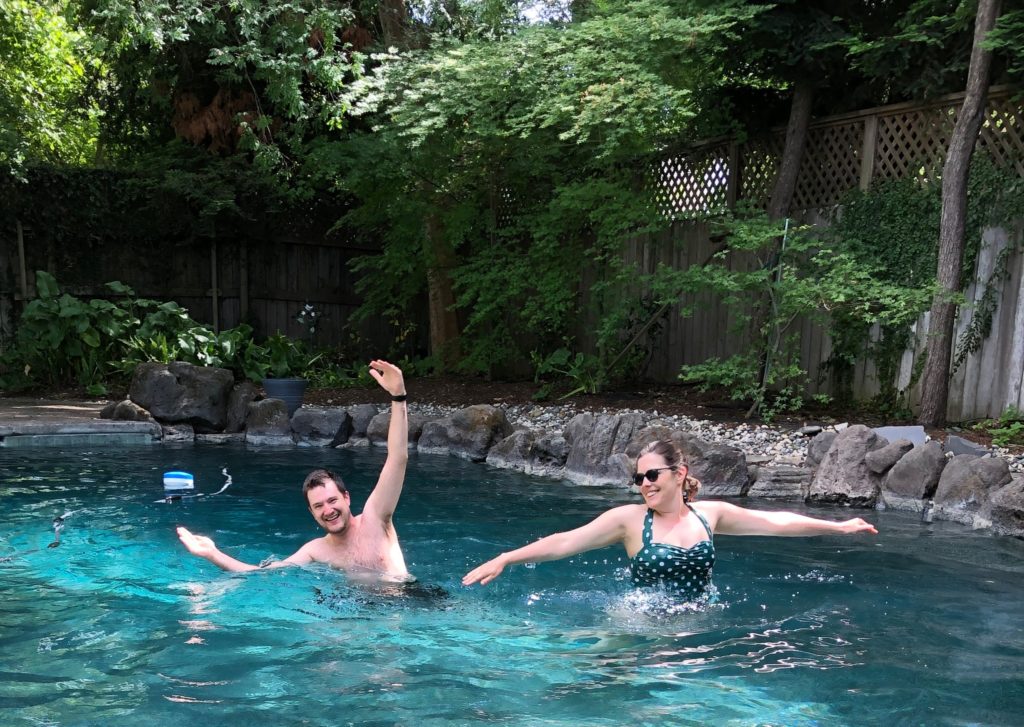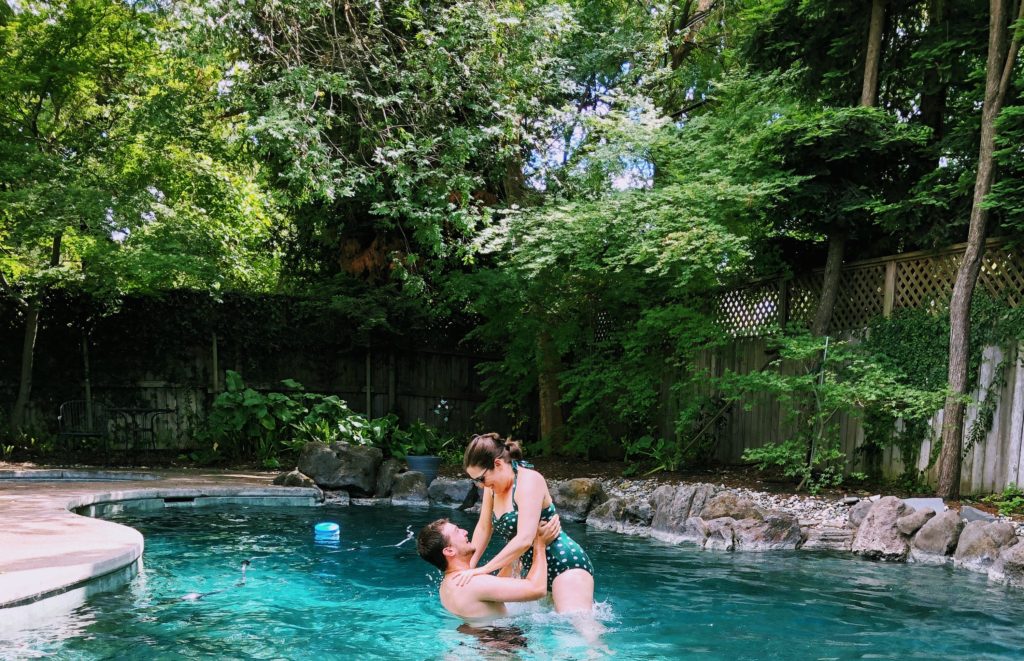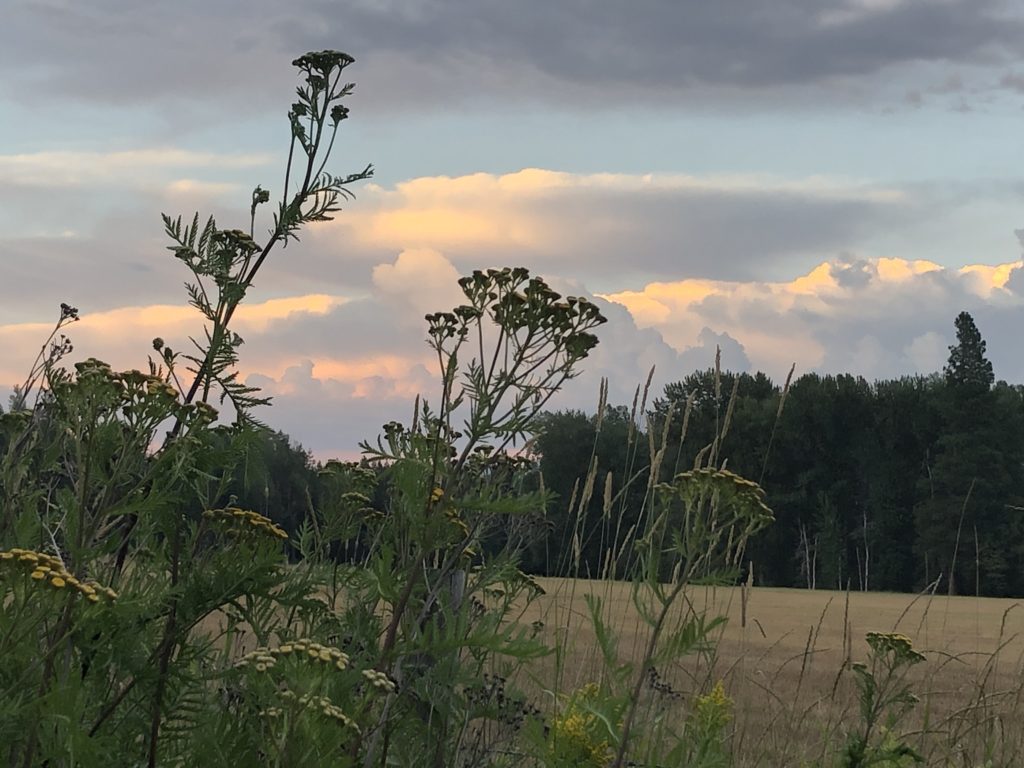I read “Wintering” by Katherine May this winter. She has a name like spring, which is funny. The book’s subtitle (which must be the work of a publishing-house bureaucrat) is the misleadingly self-helpy “The Power of Rest and Retreat In Difficult Times.”
It’s not a self-help book. It’s a memoir about getting through hard times, as the trees do yearly. Even as humans, sometimes our leaves fall off because that’s the only way to stay alive. Then things get better.
There are a lot of anecdotes about the cold and the dark and the weather. A lot of visions about how time is cyclical and so is life. Katherine May wants us to remember that a modern insistence on 24/7 going and doing and improving is a lie. “Life meanders like a path through the woods,” May writes. “We have seasons when we flourish and seasons when the leaves fall from us, revealing our bare bones. Given time, they grow again.” And: “Winter is not the death of the life cycle, but its crucible.”
I dutifully agree with her points about time, and stopping. But I can’t help it: winter drives me batty. I love the woods, and I love the idea of four seasons (we had only two and a half in California when I was growing up). But the actual reality of the brownness of March gets me down. Leafless trees in large numbers look like austerity itself.
It’s not just winter. Like me, Katherine May suffers from nighttime anxiety: “I’ve come to call it the “terrible threes”: the dark insomniac hours when my mind declares itself, fully fired, in the middle of the night. It always happens at three a.m.: a long way past late, but too early to surrender and start the day. There, in the truest night, I lie in the dark and catastrophise.” She invites us to treat night differently than day, just as we must learn to treat winter differently from summer: crawl out into the living room and read the kind of book that one’s mind refuses to focus on by daylight. Welcome the weird quiet.
This works for her, at least.
I’ve spent a lot of time and effort over the last few years trying to rid myself of anxious insomnia. I have partly succeeded. Largely, my success is down to actually resolving the problems that were keeping me up, whether through making tough decisions or by allowing time to pass to heal wounds.
But I’m still prone to the occasional night, or series of nights, wherein I lie awake simultaneously too hot and too cold to sleep, somehow too hungry and too full to get comfortable, dying for a large glass of cold water but also too tired to get up to go to the bathroom, and dreading having to go to the bathroom again if I give in to the water craving.
In these circumstances, I try to give in and enjoy the timeless time that is the middle of the night. Let the dark be dark, and the hours be long and quiet. But I have a terror of time during those hours. The way it ticks on, faster and faster. If I watch it, I feel that I’m choking on it all. If I don’t, it speeds on without my say-so.
That last paragraph—those are 1am thoughts, the kinds of thoughts I wrote down in a frustrated rant one night when I was struggling, just before I decided to call it and watch the Britney Spears documentary. Then I had to do a deep dive on Britney’s Instagram, which I imagine is unsettling at the best of times, and is a truly upsetting place at 3am.
Intellectually, I understand all the things we’re supposed to believe about nighttime and insomnia, just like I know the meaning we’re supposed to seek in wintertime. The unbroken eight hour sleep is only a myth. Humans are prone to changing rhythms. We should welcome them. Appreciate the dark, just like we appreciate the rhythms of scarcity and resilience and all that the natural world does to save its life when we’re tipped away from the sun.
But winter is so full of dark, and dark is menacing to a diurnal mammal like me. Winter, and night, are not my friends, and will not be. So, bah, humbug, says the worst part of me, in my most daytime, summer, macho voice. I’m going to eradicate insomnia from my life if it’s the last thing I do. And the winter, and the night.

